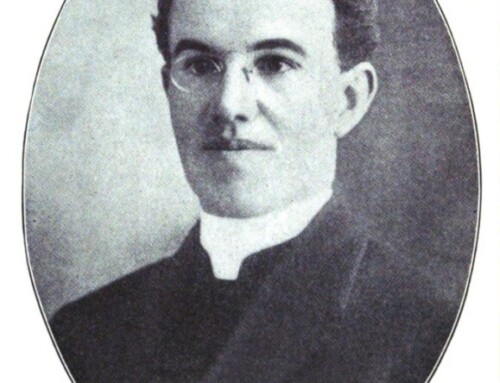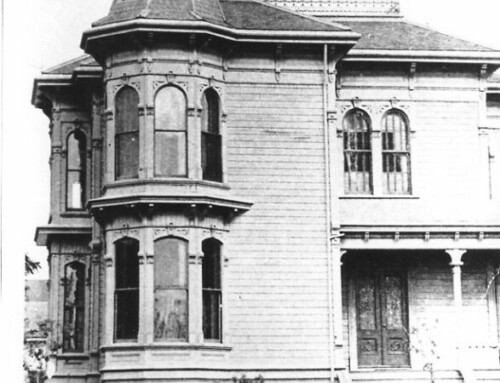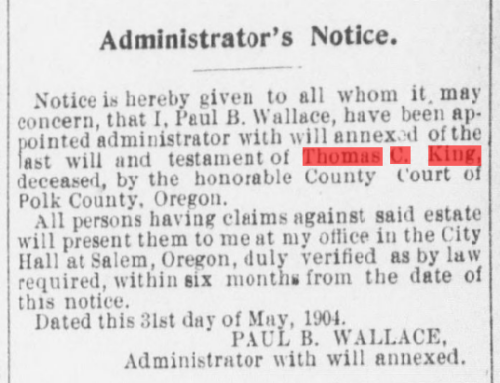by Richard van Pelt, WWI Correspondent
The headlines from the Capital Journal:
GREATEST BATTLE IS BEGINNING
Battle of Cracow Promises to Be More Stupendous Than That of Aisne
IF RUSSIA IS BEATEN SHE WILL HAVE TO QUIT
The Battle Line of 800 Miles Is the Mightiest in All the Annals of Warfare
LINE OF BATTLE IN RUSSIA IS 800 MILES IN LENGTH
Indications Are Germans Have Staked All on One Mighty Battle
RUSSIAN ARMIES MORE THAN 3,000,000
Opposed to These Is Entire Austrian Army and German Force of 750,000
FIGHTING IS FIERCE ON GERMAN RIGHT AT BATTLE OF AISNE
Allies Say Germans Made Fierce Attack Friday But Were Repulsed
Immigration brought thousands of Germans and Austrians to North America. Many, though immigrants, were also reservists in their respective armies. The paper reported Canadian interdiction of Germans seeking to enter the United States in order to return to Germany:
ARREST RESERVISTS LEAVING VANCOUVER
Immigration Officials Capture 35 Germans Hidden in Hold of Scow on Their Way to Seattle
Vancouver, B. C., Oct. 3 – Boarding the tugboat Cleeve in the middle of the harbor at 1:30 o’clock this morning, immigration authorities took charge of the tug and an innocent looking scow which was being taken to sea.
In the forward part of the scow were 35 men, who were taken in charge by the authorities, and it is believed the first of an underground attempt to smuggle German and Austrian reservists across the line from Vancouver was baffled.
In the damp, vile smelling hold of the scow, the men were declared prisoners of war. They were on their way to Seattle where they expected to receive funds with which to make their way to New York and thence to Germany to fight against the allies.
The men will be removed to the military prison at Nanaimo today.
Commenting on the grim irony of war, the editorial page of the Capitol Journal notes:
A grimly amusing feature of the European war is the trial of the persons accused of killing Archduke Francis Ferdinand and his consort, which is set for November 15. With twenty millions of men trying to kill each other over it, and making a pretty good attempt at it, too, it seems ridiculous that the guilt of those accused of the crime has yet to be established.
Editorial observations from the Statesman:
Now that peace talk has begun to be heard, Americans who desire to see England’s art treasures had better engage passage at once. for the galleries, closed by the outrages of the militant suffragists, are now open, but with the end of the war and the return of England to the benefits of peace, they will have to be closed again. The militants promise to break out again when the war is over.
****
Apparently it is to be a war of exhaustion of resources. Germany will fight until either her military strength is shattered or she is hopelessly bankrupt. Her soldiers will presumably last longer than her money. It is in the throttling of her commerce and industry and credit that the allies are doing their most effective work.
****
No nation lives unto itself, least of all an industrial nation. For every dollar wasted by Germany and the other nations in this war, the rest of the world loses as much. Remote as we are, we are already forfeiting hundreds of millions as our war contribution.
****
It is too early to say that the belligerents with the most gasoline will triumph. Yet, Mr. Rockefeller’s views on the subject may be worth having.
The Statesman published an editorial from the Springfield Republican (Illinois):
Austria attacked Servia in order to make “a definite end” of the Servian nuisance. Germany declared war in order to make a definite end of French revenge and the Slavic peril. Now some emotional pacifists are urging that Germany should be crushed in order to make a definite end of the peril of militarism. But as history shows, a “definite end” is not so easily made; it is hardly to be hoped for, and is not to be accepted as an excuse for undue severity. Germany no doubt hoped to make a definite end of Belgian resistance by thoroughly terrifying the people, but however urgent the necessity the reaction was disastrous. Three empires have tried for two centuries to make an end of Poland, yet Poland is coming to life again. No great race while it keeps sound and loyal to itself can be permanently crushed. To talk of insuring peace by exiling the German emperor to Siberia or St. Helena is absurd; the treaty that stands the best chance of restoring good relationships is one which allows both sides to make an honorable peace. If Bismarck had dealt as handsomely with France in 1871 as with Austria in 1866, Europe might have been spared the present war; it many be necessary to fight this war to a finish, but when terms are made they ought not to be based on the false theory that by harshness a “definite end” can be made of anything. That notion has been responsible for most of the cruelty and oppression in history. – Springfield Republican.
Would that those who convened at Versailles in 1919 have heeded the message.







Leave A Comment